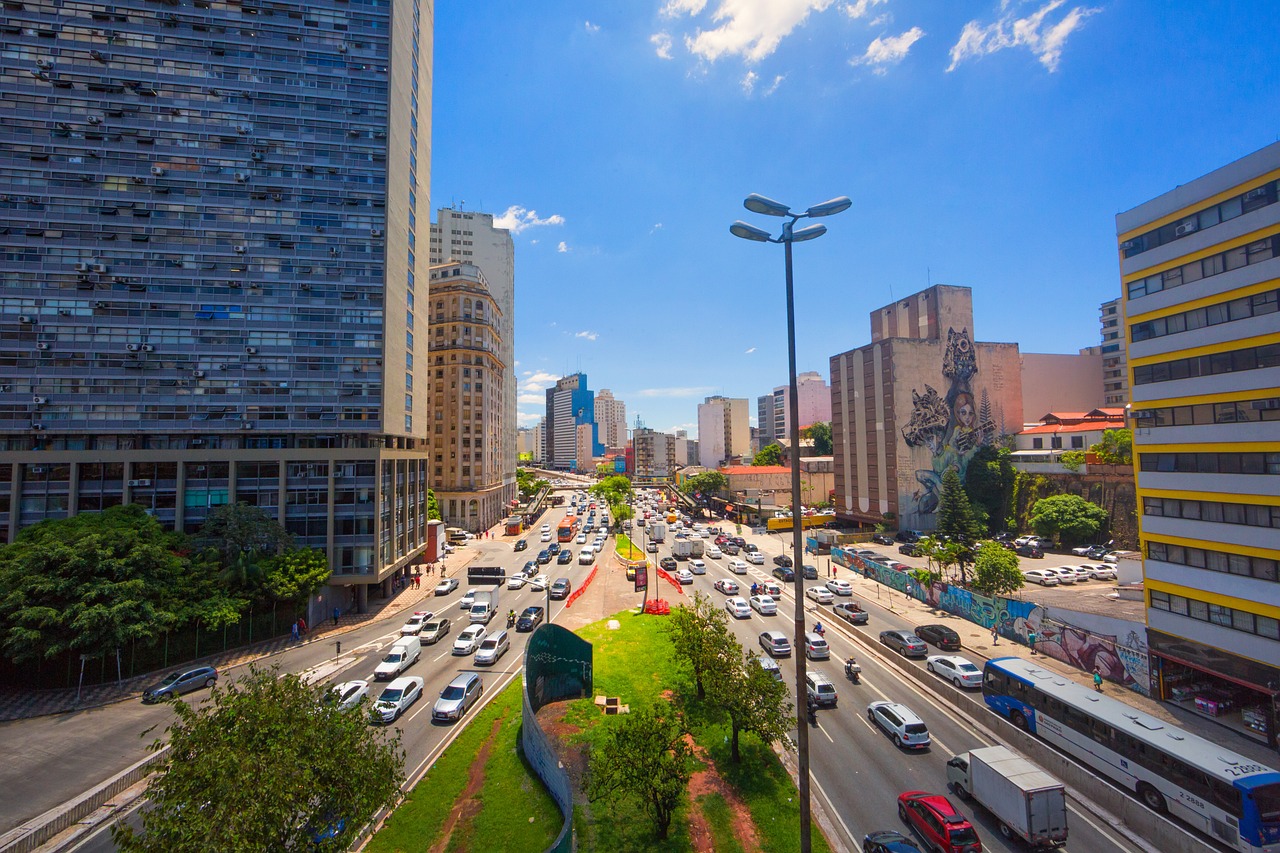When we think of the great explorers who made significant contributions to the age of discovery, names like Christopher Columbus, Vasco da Gama, and Ferdinand Magellan come to mind. However, there are other lesser-known but equally important figures whose achievements helped shape the course of history. One such individual is Pedro Vaz Paulo, an explorer whose story, though largely forgotten, played a pivotal role in early Portuguese exploration.
Who Was Pedro Vaz Paulo?
Pedro Vaz Paulo was a Portuguese explorer who lived during the 15th century, an era often referred to as the Age of Exploration. This period marked a time when European powers were racing to discover new trade routes, uncharted territories, and unexplored lands. Although not as famous as some of his contemporaries, Vaz Paulo’s voyages contributed significantly to Portugal’s expansion across the seas, particularly along the African coast.
The Age of Discovery: A Background
To understand pedro vaz paulo importance, we need to take a brief look at the historical context of his life. The Age of Discovery was a time when European nations, especially Portugal and Spain, sought to expand their influence by exploring and colonizing new territories. This was spurred by the desire for wealth, trade routes to Asia, and spreading Christianity. Portuguese explorers, funded by Prince Henry the Navigator, led many of the initial expeditions along the coast of Africa, setting the stage for further exploration.
Pedro Vaz Paulo’s Early Life
Little is known about Pedro Vaz Paulo’s early life, but it is believed he was born in Portugal in the early 1400s. Coming from a family with maritime connections, it is likely that Vaz Paulo developed his sailing skills at a young age, training in navigation and seafaring in preparation for a life of exploration. Portugal at the time was a burgeoning maritime power, and young men like Pedro would have been inspired by the tales of adventure and discovery surrounding them.
The Voyages of Pedro Vaz Paulo
Pedro Vaz Paulo is most notable for his explorations along the West African coast. His voyages, although not as well documented as some of the other explorers of his time, played an essential role in the Portuguese expansion into Africa. While exact records are scarce, it is believed that Vaz Paulo explored areas along the Gulf of Guinea and may have been involved in mapping parts of the Senegal and Gambia rivers.
Pedro Vaz Paulo’s Contribution to Mapping Africa
One of the key contributions pedro vaz paulo made was to the mapping of Africa’s western coastline. During this time, accurate maps were crucial for future explorers to navigate and claim territories. While his name does not appear in the most famous maps of the era, many historians believe that the data from his voyages were used in later maps that helped subsequent explorers, such as Bartolomeu Dias and Vasco da Gama, find their way to new destinations.
Challenges Faced by Early Explorers
Explorers like Pedro Vaz Paulo faced significant challenges in their quests. Navigating uncharted waters was no easy feat, and the Atlantic coast of Africa presented numerous dangers, from treacherous winds to hostile encounters with local populations. Additionally, the tropical diseases that plagued the region often claimed the lives of many sailors.
Navigational Tools and Techniques
During Pedro Vaz Paulo’s time, navigational tools were rudimentary. Sailors relied on instruments like the astrolabe and the compass to find their way. They also depended heavily on the stars and coastal landmarks to chart their routes. The unpredictability of the ocean made every voyage perilous, and explorers often had to contend with storms, difficult sea currents, and uncharted islands.
The Legacy of Pedro Vaz Paulo
Though history may not have remembered Pedro Vaz Paulo as vividly as other explorers, his contributions to Portuguese exploration cannot be understated. The early voyages along the African coast laid the foundation for future expeditions that would eventually lead to the discovery of the sea route to India. This route would be instrumental in establishing Portugal as one of the leading maritime powers of the 16th century.
Portugal’s Expansion into Africa
Pedro Vaz Paulo’s explorations contributed to Portugal’s gradual expansion into Africa. By navigating the western coast, Pedro and his fellow explorers opened up new trade routes, particularly for gold, ivory, and slaves, which would later fuel Portugal’s colonial empire. His expeditions also helped establish Portuguese outposts along the African coast, which were crucial for restocking ships and trading with local populations.
Why Pedro Vaz Paulo is Overlooked
The reason why Pedro Vaz Paulo’s name has not achieved the same level of fame as explorers like Magellan or da Gama could be due to several factors. Firstly, there are few surviving records of his voyages, and many of his achievements were overshadowed by the more dramatic discoveries of his successors. Furthermore, explorers who found sea routes to Asia or the Americas gained more attention due to the vast economic and political consequences of their discoveries.
Honoring Forgotten Explorers
While Pedro Vaz Paulo might not be a household name, it’s important to remember that history is shaped by many unsung heroes. Without the efforts of explorers like him, the more famous voyages might never have been possible. His courage and willingness to face the unknown contributed to an era of exploration that forever changed the world.
Conclusion
Pedro Vaz Paulo was a pioneer of his time, contributing to the Portuguese exploration of Africa’s western coast. While his name may not be etched in the annals of history as prominently as others, his work laid the groundwork for Portugal’s maritime empire. His legacy, though subtle, lives on in the maps and sea routes that opened up new worlds to European explorers. Pedro Vaz Paulo deserves recognition as a crucial figure in the Age of Discovery, and his contributions should not be forgotten. Read more…
